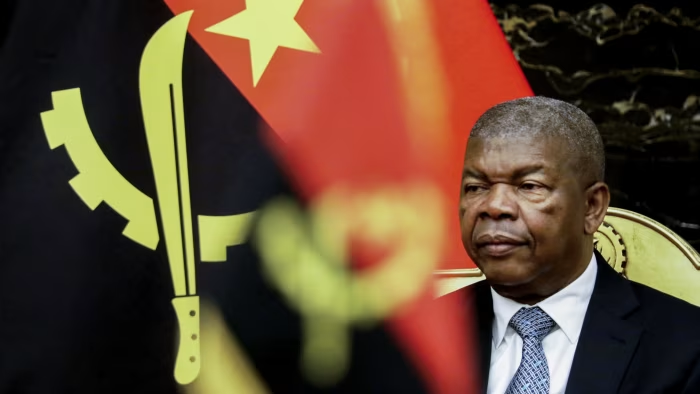
Angola is grappling with a critical debate over the financing of its judicial system, spotlighting tensions between the courts’ administrative autonomy and the risks of fragmenting the national public treasury.
On July 16, the Superior Council of the Judiciary (CSMJ) hosted a solemn ceremony to appoint the Executive Committee members of the General Treasury of the Courts of Common Jurisdiction and the Attorney General’s Office, a move grounded in Law No. 5/25.
While this institutional milestone marks progress, it also raises profound questions about the current model of justice funding in Angola.
The core of the debate lies in whether granting courts and prosecutors financial autonomy, allowing them to collect and manage their own revenues, strengthens the judicial system or undermines fiscal cohesion and transparency.
The new system permits these bodies to retain 40% of court fees, creating a financial model that some experts warn could foster inequality and institutional fragmentation.
Central to Angola’s public financial reforms is the Single Treasury Account (CUT), designed to centralize all state revenues to ensure fiscal discipline, efficient management, and transparency. As scholars Allen and Tommasi noted, the CUT “is essential to prevent mismanagement and corruption.”
Yet, the emerging trend toward financial autonomy in the judiciary risks creating “islands of financial power,” which may disrupt budgetary solidarity among government bodies.
Critics argue that this model may worsen budgetary disparities within justice-related institutions. While courts and prosecutors enjoy autonomous coffers, other critical entities such as the Criminal Investigation Services, public defenders, and forensic services remain fully dependent on centralized budget allocations.
Moreover, the suspension of district court bank accounts during this transition has had unintended human costs, delaying compensation payments to victims and their families—an issue described by judicial magistrates as “an indirect violation of the right to justice.”
Experts caution that justice must not become a revenue-generation mechanism. As legal scholar Carlos Nino asserted, “the legitimacy of justice lies in its impartiality, accessibility, and universality,” principles threatened when courts’ funding depends on fees collected.
Drawing lessons from countries like Portugal and Brazil, where judicial financial autonomy is balanced with strict oversight and integrated into the broader fiscal regime, Angola faces the challenge of reconciling functional autonomy with fiscal prudence.
Observers urge Angola to unify public revenues under the CUT, finance justice institutions equitably through the state budget, and establish transparent oversight mechanisms. They emphasize consultation with judicial officers on the ground to ensure reforms reflect practical realities.
At stake is more than financial management: it is a question of social justice, institutional coherence, and public trust. Angola’s path forward will define whether its justice system serves as a pillar of democratic governance or fragments into isolated financial entities, risking transparency and equity.



